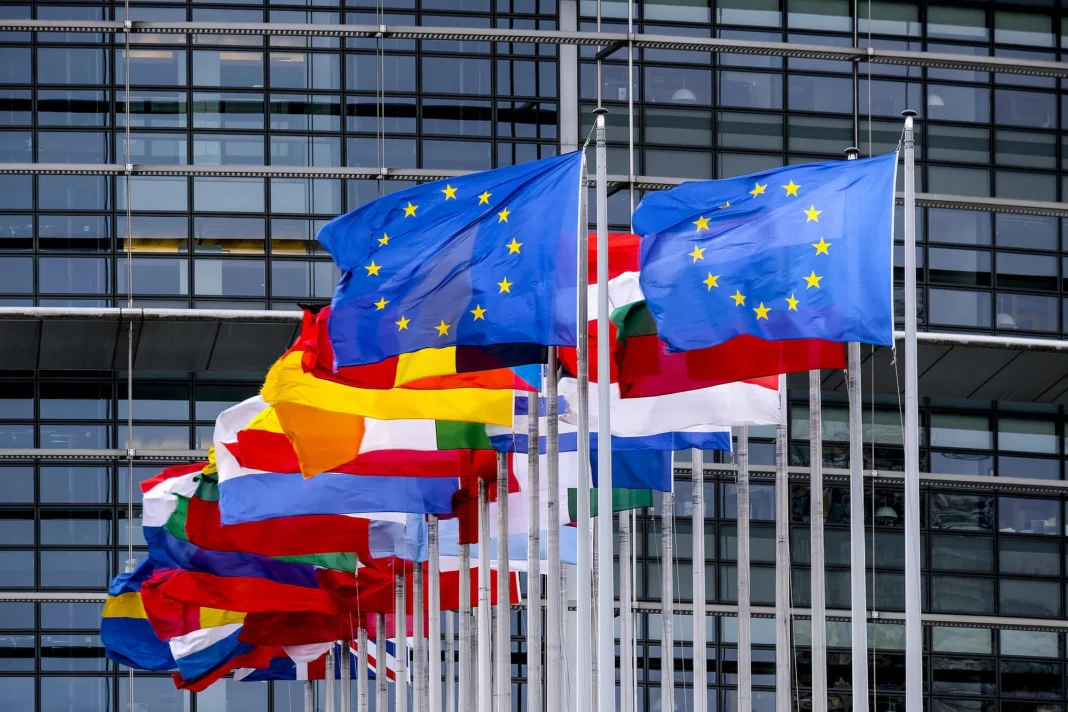The EU supports Iraqi education through a new initiative aimed at transforming technical, vocational, and digital learning in the country. Announced by the European Union’s Mission in Iraq, the program seeks to equip young Iraqis with market-ready skills while addressing labor market demands.
Named “Green and Digital Technical and Vocational Education and Training to Enhance Employability in Iraq,” the project targets both skill development and employment opportunities. At the first working group meeting, Lennart De Rieder, Head of Cooperation at the EU Mission, explained that adopting the TVET system will enhance employability for Iraq’s youth. He emphasized that the program follows global best practices and will contribute to Iraq’s social and economic progress.
De Rieder also pointed out that this step supports the Ministry of Higher Education’s broader mission. It encourages students to continue their studies within Iraq rather than seeking opportunities abroad. According to him, the program is designed to match the country’s real economic needs while fostering long-term stability.
Importantly, the “Green and Digital” element of the project reflects Iraq’s national strategy and environmental goals. By integrating climate technologies and modern digital tools, the initiative represents the future of technical education. This approach will prepare graduates for emerging industries and rapidly evolving work environments.
Today’s inaugural meeting, held in cooperation with UNESCO, marked the start of the program’s implementation phase. Fully funded by the European Union, the project signals strong international commitment to Iraq’s development path. Moreover, it highlights the strategic importance of partnerships in building sustainable opportunities for young people.
Through this collaboration, the EU supports Iraqi education in ways that extend beyond classrooms. It is about empowering the next generation, improving job readiness, and driving economic transformation. By aligning education with labor market needs, the program aims to reduce unemployment rates and stimulate innovation.
Looking ahead, officials are optimistic about the program’s impact on youth employment and skill advancement. The commitment shown by the EU and UNESCO demonstrates a shared vision for Iraq’s future. Ultimately, the EU supports Iraqi education as part of a broader mission to ensure stability, prosperity, and resilience in the country.



